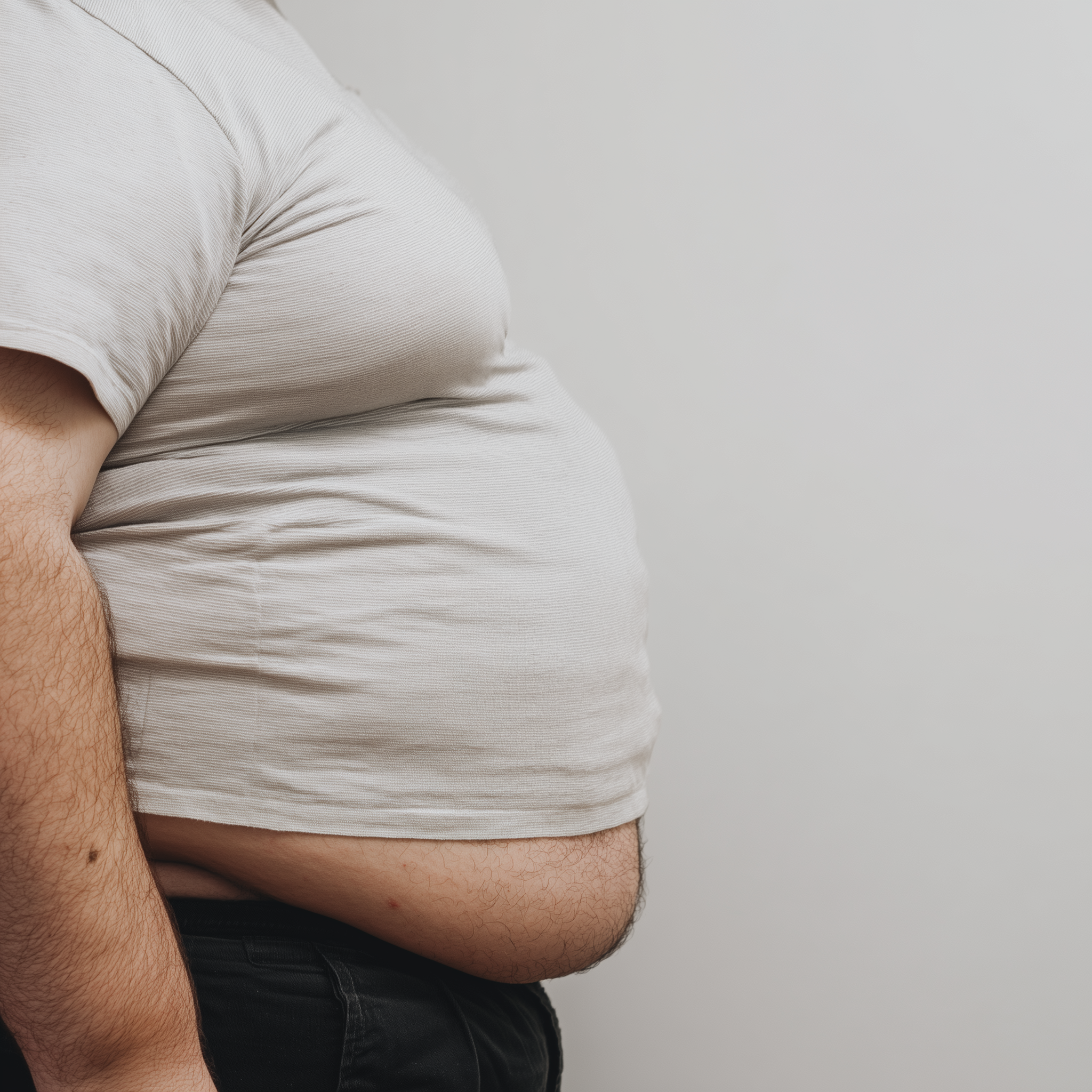
Bariatric surgery, such as sleeve gastrectomy and similar obesity procedures, can lead to significant weight loss and greatly improve an individual’s health status. However, over time—especially 1 to 2 years after surgery—some patients may experience weight regain. This situation is usually not considered a “surgical failure,” but rather a consequence of difficulty in maintaining long-term lifestyle changes.
Not Separating Solids and Liquids
One of the most important dietary rules after bariatric surgery is to avoid consuming solid and liquid foods simultaneously. The purpose of this rule is to:
- Prevent faster stomach emptying that reduces the feeling of fullness,
- Ensure proper digestion of foods,
- Avoid overextending the stomach’s capacity.
Over time, adherence to this rule may decrease. Drinking beverages like water, ayran (a yogurt-based drink), or fruit juice during meals:
- Causes food to leave the stomach more quickly,
- Leads to earlier hunger,
- Results in increased calorie intake throughout the day.
This habit contributes to weight gain in the long run.
Solution: Maintain a minimum 30-minute gap between consuming solid and liquid foods. This habit should be preserved lifelong.
Increased Frequency of Consumption of Calorie Foods
Although the stomach size decreases after sleeve gastrectomy, this alone is insufficient unless the diet consists of low-calorie and nutrient-dense foods. Especially:
- Energy-dense snacks like chocolate, biscuits, and crackers,
- Sugary drinks,
- Fried or processed packaged foods
can significantly increase daily energy intake. The stomach may be small, but frequent consumption of calorie-rich foods triggers weight gain.
Solution: The diet should be based on protein sources, vegetables, healthy fats, and complex carbohydrates. Reading food labels carefully and avoiding products containing “hidden sugars” is essential.
Alcohol Consumption
Alcohol intake is one of the most overlooked causes of weight regain after bariatric surgery. Alcohol:
- Is high in calories (1 gram contains 7 kcal),
- Can reduce the feeling of fullness,
- Disrupts blood sugar balance, potentially triggering overeating episodes.
Moreover, alcohol absorption is faster after surgery, which may even increase the risk of dependency.
Solution: Ideally, alcohol consumption should be completely avoided or limited to rare, controlled occasions. Both the physical and psychological effects of alcohol must be considered.
Stomach Volume Expansion
Although the stomach size shrinks after sleeve gastrectomy, it remains a flexible organ. If:
- Meals are eaten quickly,
- Large portions are consumed regularly,
- The stomach is frequently filled with snacks,
the stomach can stretch. This leads to eating larger amounts in one sitting and delayed satiety.
Solution:
- Chew each bite at least 20-30 times,
- Eat slowly and mindfully,
- Use portion control tools such as measured plates and keep a food diary.
Eating Out
With the increasing frequency of eating outside in modern life, the risk of losing control over food choices rises. Especially:
- Fast food,
- Large portion sizes,
- High-fat and sugary beverages,
can undermine all efforts. Additionally, social situations may pressure individuals to eat unwanted foods to avoid awkwardness.
Solution:
- Review menus beforehand,
- Split meals or request take-away boxes if needed,
- Opt for simple meals like salad and grilled meat,
- Avoid sugary drinks.
It is possible to balance social life and healthy eating.
Skipping Snacks
Small but frequent meals are important after bariatric surgery. Skipping snacks can cause:
- Excessive hunger at the next meal,
- Uncontrolled eating behaviors,
- Blood sugar fluctuations.
This increases both physical and psychological hunger, setting the stage for weight gain.
Solution:
- Choose protein-rich snacks (e.g., boiled egg, low-salt cheese, yogurt),
- Include fibrous fruits or healthy fats like almonds,
- Plan daily meals ahead and avoid skipping any.
Other Overlooked Factors
Decreased Sleep Quality
Research shows that lack of sleep increases hunger hormones and negatively affects appetite. Insufficient sleep can cause:
- Nighttime snacking,
- Increased cravings for carbohydrates,
- Impaired weight control.
Solution: Aim for 7-8 hours of quality sleep per night and maintain good sleep hygiene.
Lack of Exercise
Regular physical activity is essential for weight control, not just diet alone. A sedentary lifestyle directly contributes to weight gain.
Solution:
- Start with at least 30 minutes of walking daily,
- Include resistance exercises to prevent muscle loss,
- Make the activity plan sustainable and enjoyable.
Is Weight Gain Normal?
Yes, mild weight gain after bariatric surgery, especially after the first year, is completely normal. However, if:
- Weight gain exceeds 10% of total body weight,
- There is a loss of control over eating behaviors,
- Physical and emotional health begin to suffer,
professional support should be sought. With guidance from dietitians and psychologists, it is possible to regain control and rebalance the process.
Conclusion: Weight Regain Is Not Inevitable, It Is Manageable
Sleeve gastrectomy and other bariatric surgery types offer a great opportunity for a healthier life. However, making this opportunity permanent requires a lifelong, disciplined approach.
Weight gain can result from ignoring the solid-liquid separation rule, consuming high-calorie foods, alcohol intake, unhealthy eating out, skipping meals, and lack of physical activity. Each of these factors can be corrected once identified, allowing for reversal.
Bariatrik Mutfak will continue to accompany you with scientific, clear, and supportive content at every stage of this journey.

